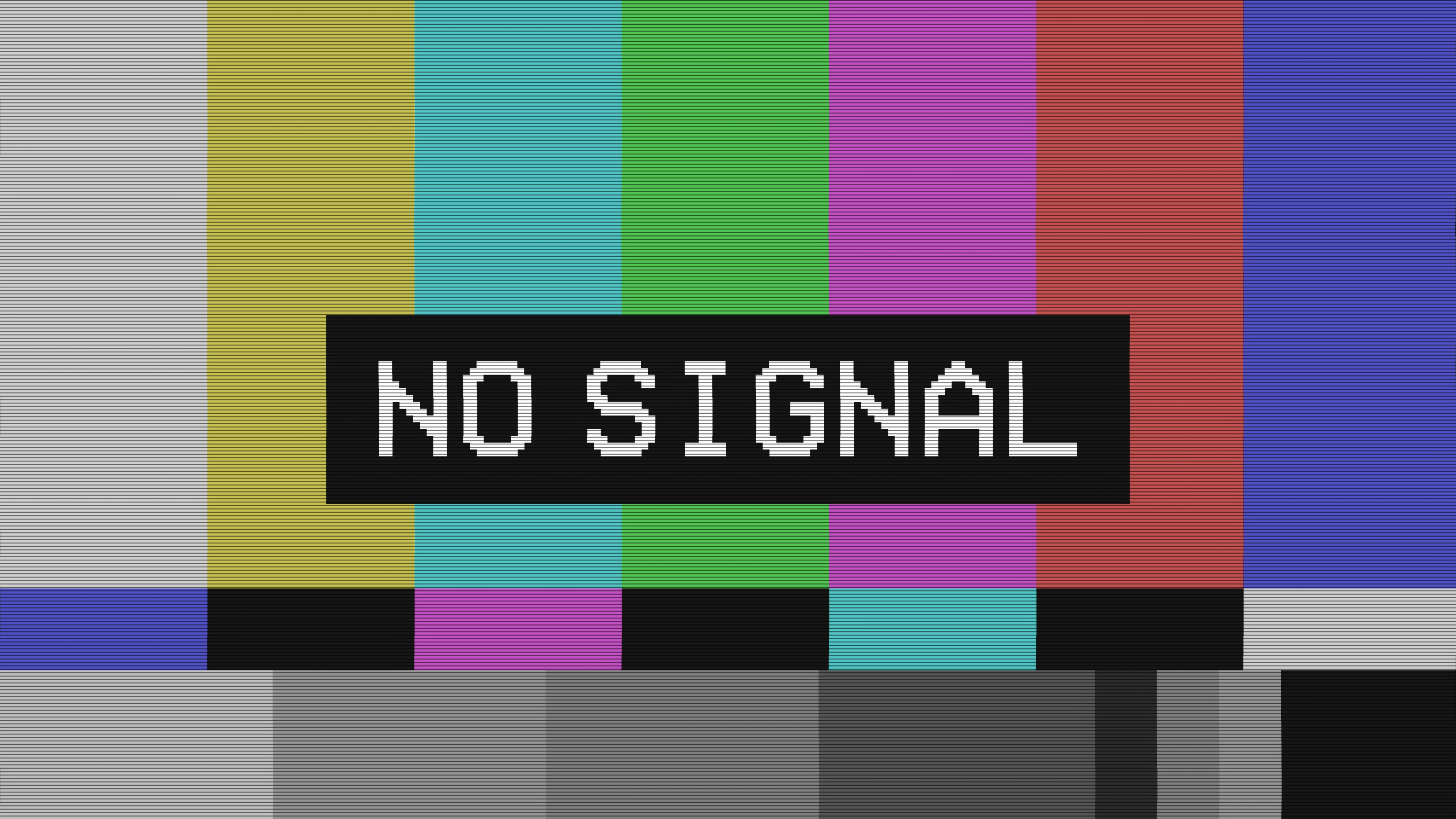
NAB president and CEO Gordon Smith called on the federal government yesterday to ensure any surrender of broadcast spectrum by television licensees is truly voluntary and to hold harmless any broadcaster that chooses not to relinquish spectrum.
During his keynote to those gathered for the ATSC annual meeting in Washington, D.C., Smith echoed comments made in his keynote in April at the 2011 NAB Show, saying the NAB does not object to a station volunteering to sell its spectrum as long as doing so does not harm another station wishing to stay in business.
“The problem is that what is voluntary for the former could become involuntary for the latter,” he said.
As part of the FCC’s National Broadband Plan, the agency is pursuing authority from Congress to conduct voluntary incentive auctions to recoup 120MHz of television spectrum for use to meet future wireless broadband Internet demand. In addition to incentive auctions, the commission is considering a variety of other rule changes, such as allowing two or more competitive stations to share the same 6MHz DTV channel, repacking the TV band, and modifying rules that protect against harmful interference, to make room for wireless Internet providers.
“It concerns us that the FCC could forcibly relocate broadcasters, crowd channels closer together, reduce their coverage, destroy innovation for viewers, increase interference or otherwise degrade their signals,” said Smith.
During his speech to the ATSC audience, Smith identified what NAB wants to achieve as the FCC moves forward. According to Smith, the association wants “to protect broadcasters from being forced to give up spectrum involuntarily.” It also wants those that do not give up spectrum to not be “disadvantaged by their choice to stay in the business of broadcasting.”
Smith opened his speech to the ATSC praising its accomplishments and urging it to help broadcasters find ways to take advantage of a new world of opportunities presented by the transition of television from a linear medium to an interactive platform and from high definition to 3-D. He said, “finding a way for broadcasters to take part in that new world isn’t optional, it’s a necessity in order to stay competitive with other media in this complex and unpredictable digital world.”
The professional video industry's #1 source for news, trends and product and tech information. Sign up below.
Phil Kurz is a contributing editor to TV Tech. He has written about TV and video technology for more than 30 years and served as editor of three leading industry magazines. He earned a Bachelor of Journalism and a Master’s Degree in Journalism from the University of Missouri-Columbia School of Journalism.

